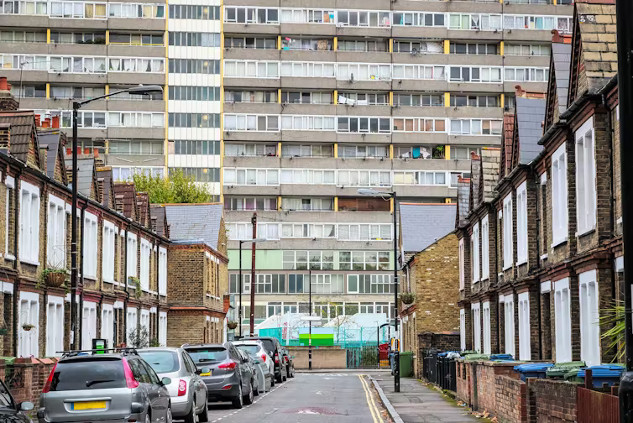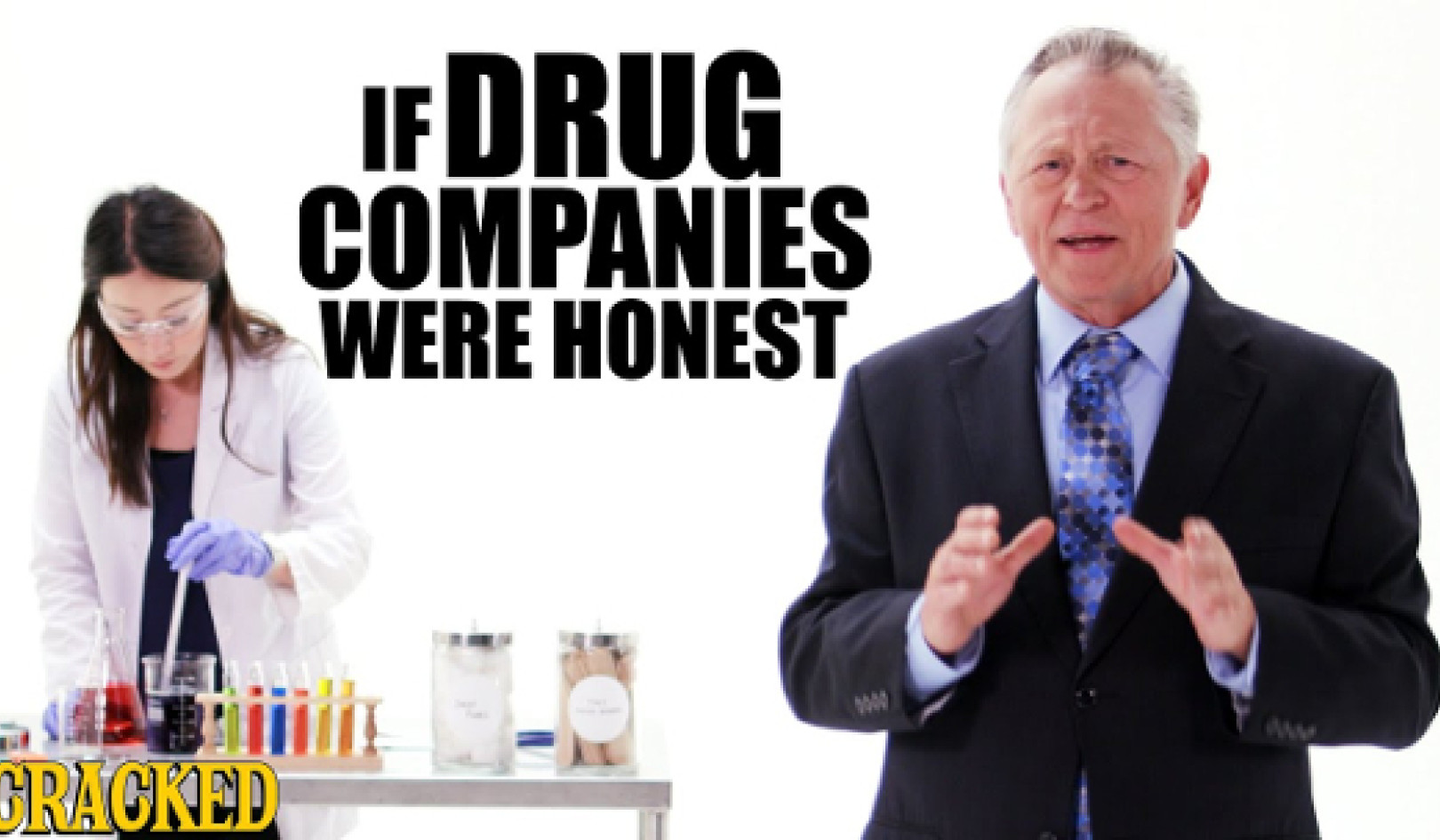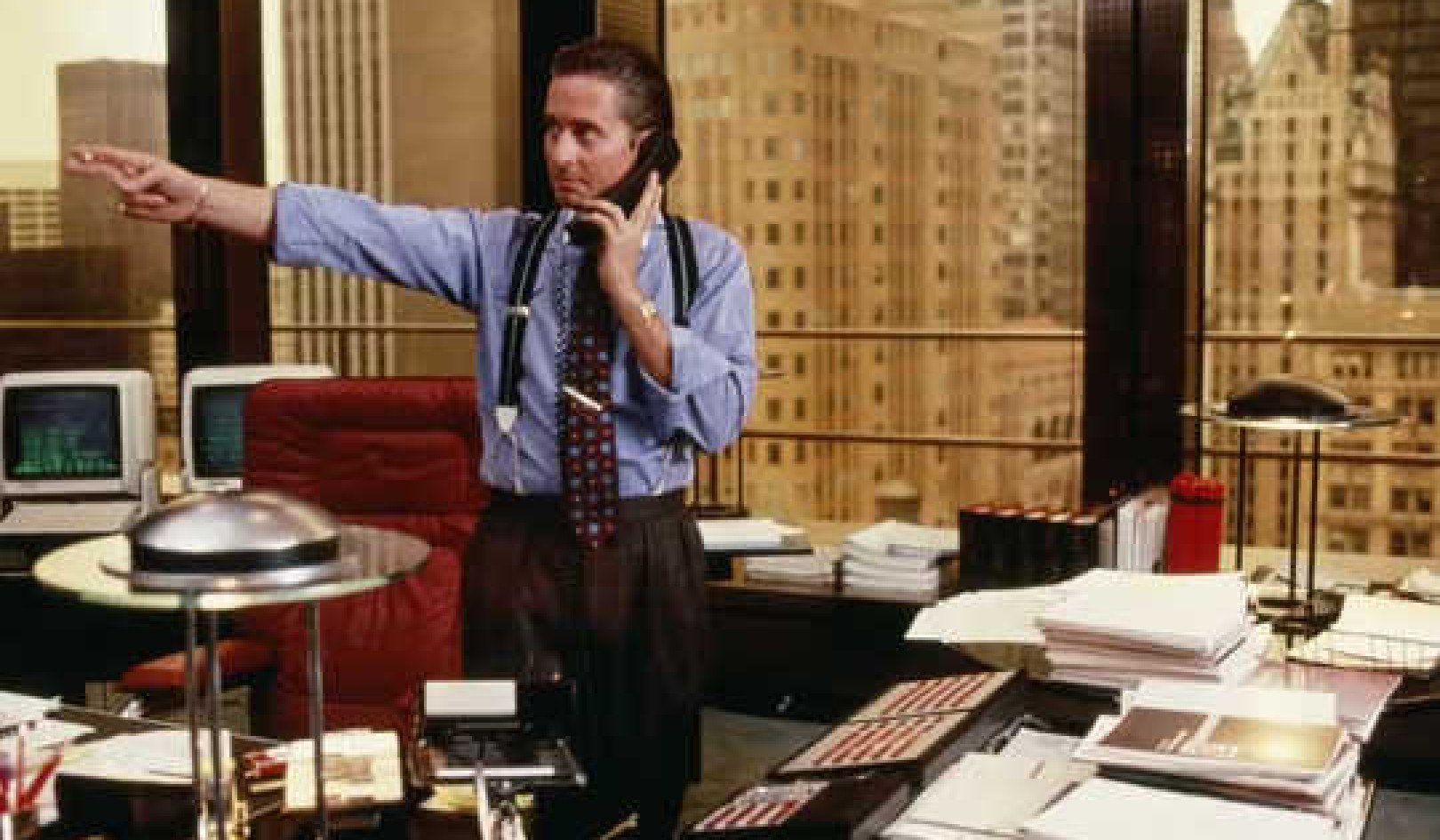
Britain is in a poverty crisis. Over 14 millones de personas (one in five) are living in poverty. Of these, 4 million, including 1 million children, are classed as destitute: regularly unable to meet basic needs for shelter, warmth, food and clothing.
Cortes to the welfare state over the last decade have contributed to a deepening of poverty in Britain not seen in any of its European neighbours. What sets Britain apart (and has made it possible for these cuts to continue) is the intense stigma placed on people living in poverty and who receive state benefits.
Stigma sorts people into two categories “the deserving” and “the undeserving”. Elderly (pension-aged) citizens, children and disabled people have tended to fall into the deserving category, while people deemed able-bodied and hence able to work are viewed more harshly if they receive support.
This has been seen throughout this election campaign, in discussions about getting people back into work. Rishi Sunak has said that the Conservatives intend to cut the welfare bill by getting people into work. In the last debate, he said it was “not fair” for people on benefits to not take a job they are offered after 12 months out of work. The implication here is that some people who receive benefits are cheating the system.
Social policy researchers Robert Walker and Elaine Chase argue that using stigma to ration relief is a peculiarly British phenomenon that declined in more egalitarian, less class-riven European states.
Stereotypes pitting “scroungers” against those in “genuine” need have been especially acute in the age of austerity. From 2010, the coalition government sought support for swingeing cuts to the welfare and benefits system by persuading the public that those receiving benefits were “trapped in dependency”. Then prime minister David Cameron declaró “a war on welfare culture” in 2011, arguing that the benefit system “actively encourages” people to act irresponsibly.
A moral panic about “benefits cheats” followed. Politicians and journalists portrayed working-age adults receiving benefits as a lazy or criminal group who were deliberately scamming hardworking taxpayers. Hundreds of hours of reality TV programmes exploited this theme, creating the new genre of “porno de pobreza.
The late social policy expert John Hills argued that framing state welfare as an unaffordable system of cash benefits exploited by “economically inactive” people is incorrect, and a ruse by politicians to slash all public services. Drawing on social attitudes data, he found that the very idea of welfare had contracted in public consciousness to a debate about “a stagnant group of people benefiting from it all, while the rest pay in and get nothing back – ‘skivers’ against ‘strivers’”.
Sunak has revived these claims with proclamations about Britain’s supposed “sick note culture” with disabled people “parked on welfare”.
This view is borne out in policies that have, over time, increased job search and work requirements – known as “conditionality” – for people receiving benefits. This is despite evidence showing such policies don’t work, and that 38% de las personas receiving universal credit are in work.
Por más de una década, Yo he estudiado the effects of stigma on people living in poverty. I have interviewed health, public sector and charity workers, including GPS and headteachers, about the effects of deepening poverty and the impact of this toxic stigma narrative.
By framing poverty in Britain as a deserved consequence of poor life choices or a reluctance to work, stigma diverts blame from political decision-makers onto those struggling to make ends meet.
The impact of stigma
Feeling ashamed of being poor stops people seeking help and support. The gnawing anxiety that their lack of resources will be exposed to others can lead people to withdraw from social activities and become isolated. A former schoolteacher I interviewed was forced to give up work due to illness as stories about benefits cheats peaked:
You only have to watch any programme and there is evidence there that your kind are hated. These people are stealing your taxes and you’re thinking, ‘that is me they are talking about’. Trapped in this cycle of being hated by everybody … It’s relentless. Never-ending. One constant cycle of judgement. Until you are ashamed to do anything.
I am part of a team commissioned by the Joseph Rowntree Foundation to investigate the effects of stigma and explore how to stop it. Our informe publicado recientemente describes stigma as “a glue that holds poverty in place”. When politicians (through speeches and policy) and the media (through reality television or stigmatising reports) teach us to see poverty as a result of others’ bad choices rather than a systemic problem, it becomes socially acceptable. In this way, poverty and poverty stigma reinforce each other.
As we are exploring, stigma can be designed out of policies and services. For example, measures to “poverty proof” the school day such as changing how meals (and free school meals) are delivered so students are not marked out as different, making school uniforms more affordable and designing school events to be accessible to everybody can also help “stigma proof” schools for children from low-income families. But this only works if organisations first listen to and learn to see from the perspectives of those living in poverty.
Poverty must be reframed as an issue of injusticia economica, shifting blame away from individuals.
The next government must end the use of stigmatising labels such as “economically inactive” to describe disabled people or people with unpaid caring responsibilities, or “low-skilled” to describe low-paid work. This latter point must go hand in hand with campaigning for greater paga equidad and real living wages.
To end Britain’s poverty crisis, we all need to reject stigma, by exposing it for what it is: a tool used by the powerful to justify economic inequality and injustice.![]()
Imogen Tyler, Profesor de Sociología, Universidad de Lancaster
Este artículo se republica de La conversación bajo una licencia Creative Commons. Leer el articulo original.
Libros sobre desigualdad de la lista de los más vendidos de Amazon
"Casta: los orígenes de nuestros descontentos"
por Isabel Wilkerson
En este libro, Isabel Wilkerson examina la historia de los sistemas de castas en sociedades de todo el mundo, incluso en los Estados Unidos. El libro explora el impacto de la casta en los individuos y la sociedad, y ofrece un marco para comprender y abordar la desigualdad.
Haga clic para obtener más información o para ordenar
"El color de la ley: una historia olvidada de cómo nuestro gobierno segregó a Estados Unidos"
por Richard Rothstein
En este libro, Richard Rothstein explora la historia de las políticas gubernamentales que crearon y reforzaron la segregación racial en los Estados Unidos. El libro examina el impacto de estas políticas en los individuos y las comunidades, y ofrece un llamado a la acción para abordar la desigualdad actual.
Haga clic para obtener más información o para ordenar
"La suma de nosotros: lo que el racismo nos cuesta a todos y cómo podemos prosperar juntos"
por Heather McGhee
En este libro, Heather McGhee explora los costos económicos y sociales del racismo y ofrece una visión para una sociedad más equitativa y próspera. El libro incluye historias de personas y comunidades que han desafiado la desigualdad, así como soluciones prácticas para crear una sociedad más inclusiva.
Haga clic para obtener más información o para ordenar
"El mito del déficit: la teoría monetaria moderna y el nacimiento de la economía popular"
por Stephanie Kelton
En este libro, Stephanie Kelton desafía las ideas convencionales sobre el gasto público y el déficit nacional y ofrece un nuevo marco para entender la política económica. El libro incluye soluciones prácticas para abordar la desigualdad y crear una economía más equitativa.
Haga clic para obtener más información o para ordenar
"El nuevo Jim Crow: encarcelamiento masivo en la era del daltonismo"
por Michelle Alexander
En este libro, Michelle Alexander explora las formas en que el sistema de justicia penal perpetúa la desigualdad racial y la discriminación, en particular contra los afroamericanos. El libro incluye un análisis histórico del sistema y su impacto, así como un llamado a la acción para la reforma.
























